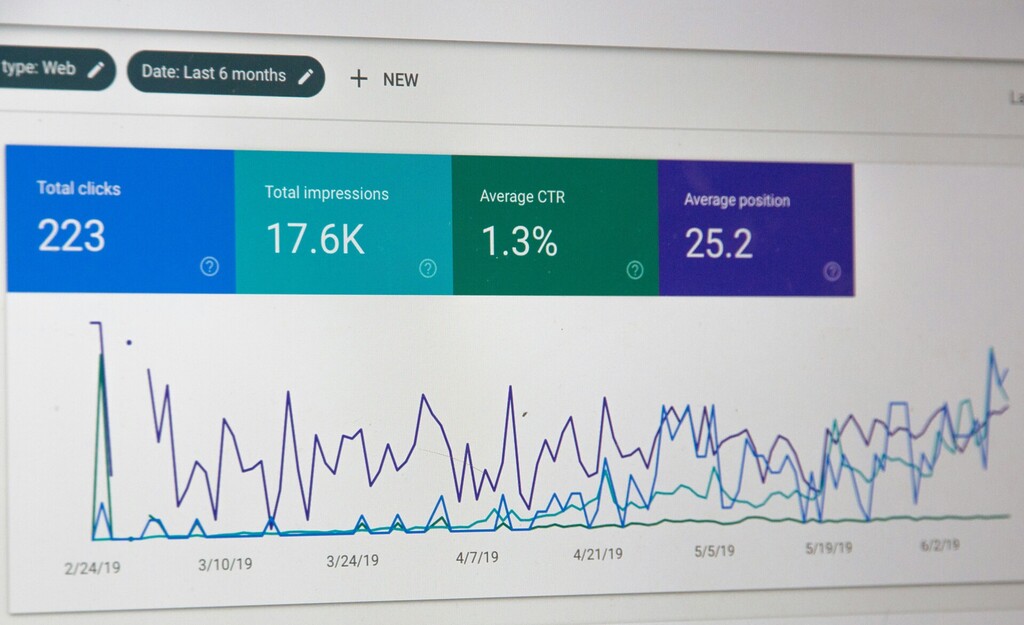In the fast-paced world of startups, scaling efficiently and effectively is crucial for survival and success. Leveraging technology can be the game-changer that propels your business from a small operation to a major player in your industry. By adopting the right tools and strategies, you can streamline operations, enhance productivity, and foster innovation. Here’s how you can leverage technology to scale your startup effectively.
1. Cloud Computing
Cloud computing has revolutionized the way businesses operate, offering scalable resources and services on demand. By migrating to the cloud, startups can significantly reduce costs associated with hardware and infrastructure. Cloud platforms like Amazon Web Services (AWS), Microsoft Azure, and Google Cloud Platform provide a range of services from storage to machine learning capabilities.
Benefits:
- Cost Efficiency: Pay only for the resources you use.
- Scalability: Easily scale up or down based on demand.
- Accessibility: Access your data and applications from anywhere, enhancing remote work capabilities.
2. Customer Relationship Management (CRM) Systems

A robust CRM system is essential for managing customer interactions and data. Tools like Salesforce, HubSpot, and Zoho CRM help in tracking customer behavior, managing leads, and automating marketing tasks. This not only improves customer satisfaction but also drives sales growth.
Benefits:
- Centralized Data: Keep all customer information in one place.
- Automation: Automate repetitive tasks to save time.
- Analytics: Gain insights into customer behavior and sales trends.
3. Project Management Tools
Effective project management is vital for ensuring that your team stays on track and meets deadlines. Tools like Trello, Asana, and Monday.com provide platforms for collaboration, task management, and progress tracking.
Benefits:
- Organization: Keep projects organized and track progress easily.
- Collaboration: Enhance team collaboration with shared boards and tasks.
- Accountability: Assign tasks and set deadlines to ensure accountability.
4. Communication and Collaboration Tools

With remote work becoming more prevalent, having reliable communication and collaboration tools is essential. Platforms like Slack, Microsoft Teams, and Zoom facilitate real-time communication and collaboration, making it easier for teams to work together, regardless of location.
Benefits:
- Real-Time Communication: Chat, video call, and share files in real-time.
- Integration: Integrate with other tools for a seamless workflow.
- Remote Work: Enhance productivity for remote teams.
5. Cybersecurity Measures
As your startup grows, so does the risk of cyber threats. Implementing strong cybersecurity measures is crucial to protect your data and systems. Consider using VPNs for secure remote access, antivirus software for threat detection, and regular security audits to identify vulnerabilities.
For instance, when comparing VPN options, you might consider Cheapest monthly VPN services that provide robust security features at a cost-effective rate.
Benefits:
- Data Protection: Safeguard sensitive information from cyber threats.
- Compliance: Ensure compliance with data protection regulations.
- Peace of Mind: Reduce the risk of data breaches and associated costs.

6. Marketing Automation
Marketing automation tools like Mailchimp, Marketo, and Hootsuite can significantly enhance your marketing efforts by automating repetitive tasks, targeting customers more effectively, and analyzing campaign performance.
Benefits:
- Efficiency: Save time by automating email campaigns, social media posts, and other marketing tasks.
- Targeting: Reach the right audience with personalized content.
- Analytics: Measure the success of your campaigns and adjust strategies accordingly.
7. Financial Management Software

Managing finances is a critical aspect of running a successful startup. Financial management tools like QuickBooks, Xero, and FreshBooks help you keep track of expenses, manage invoices, and generate financial reports.
Benefits:
- Accuracy: Reduce errors in financial data.
- Time-Saving: Automate billing, invoicing, and reporting.
- Insights: Gain a clear understanding of your financial health.
8. Data Analytics Tools
Data-driven decision-making is key to scaling your startup. Tools like Google Analytics, Tableau, and Power BI help you analyze data to gain insights into customer behavior, market trends, and business performance.
Benefits:
- Insights: Make informed decisions based on data.
- Optimization: Optimize operations and marketing strategies.
- Competitive Edge: Stay ahead of the competition by understanding market trends.
Strategies for Effective Technology Integration
1. Identify Needs and Goals:
Assess your startup’s specific needs and goals to determine which technologies will provide the most benefit.
2. Invest in Training:
Ensure that your team is well-trained to use new tools and technologies effectively.
3. Implement Gradually:
Introduce new technologies gradually to allow for a smooth transition and minimize disruption.
4. Monitor and Evaluate:
Continuously monitor the performance of new tools and strategies, and be ready to make adjustments as needed.
5. Stay Updated:
Keep up with the latest technological advancements and trends to ensure your startup remains competitive.
Conclusion

Leveraging technology is essential for scaling your startup successfully. By adopting the right tools and strategies, you can streamline operations, enhance productivity, and drive growth. Whether it’s through cloud computing, CRM systems, project management tools, or cybersecurity measures, integrating technology into your business processes will provide a solid foundation for sustainable growth. Stay informed, invest in the right technologies, and watch your startup thrive in the digital age.
The post Leveraging Technology to Scale Your Startup: Essential Tools and Strategies appeared first on HyperSense Blog.